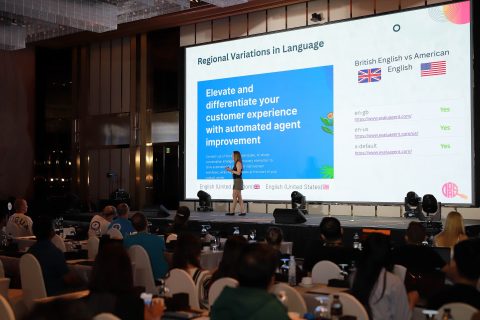In international SEO, most conversations revolve around technical setup — hreflang, domain structures, and translation. While these are critical, they only address part of the challenge. What’s often missing is a framework to make global SEO scalable, strategic, and culturally relevant. That’s where Cultural Compartmentalisation comes in.
What is Cultural Compartmentalisation?
Cultural Compartmentalisation is a new approach I’ve introduced to the SEO space. It’s the practice of grouping countries or markets not just by language or geography, but by deeper shared traits that shape user behaviour and market conditions. These include:
- Values and beliefs
- Social and moral norms
- Political and economic status
- Legal and policy considerations
- Industry-specific behaviours
Instead of creating a separate SEO strategy for every single country — or applying a one-size-fits-all model — Cultural Compartmentalisation allows businesses to build structured “compartments.” Each compartment represents a group of markets with meaningful similarities, enabling teams to scale SEO efficiently without losing cultural nuance.
Why Does It Matter?
Global expansion isn’t just about being visible in another language. It’s about resonating with the market you’re entering. Users in different regions don’t search the same way, and their expectations around trust, authority, and relevance vary widely. Without cultural awareness built into your SEO, even technically perfect campaigns can fall flat.
By applying Cultural Compartmentalisation, brands can:
- Prioritise markets more effectively
- Build SEO strategies that scale across regions
- Align search visibility with cultural relevance
- Reduce wasted spend on fragmented or misaligned campaigns
An Analogy That Fits
Think of it like Netflix categories or Spotify playlists. You don’t scroll through every single movie or song one by one. Instead, they’re grouped into genres or moods that make sense. Cultural Compartmentalisation works the same way — grouping markets into meaningful clusters makes the heavy lifting of SEO easier and more effective.
A First in SEO
While cultural nuance has long been discussed in marketing and localisation, Cultural Compartmentalisation has not been applied directly to SEO until now. The concept was first mentioned by Kira Khoroshilova under a pre-name version in Vietnam, March 2024, and later formally introduced as Cultural Compartmentalisation by Kira Khoroshilova in an SEO talk in January 2025. By bringing this framework to the SEO conversation, Kira is placing culture at the centre of search strategy — not as an afterthought, but as a foundation for successful international growth.
Cultural Compartmentalisation is more than a buzzword. It’s a shift in how we approach international SEO, one that recognises culture as inseparable from visibility. As businesses look ahead to expansion in 2025 and beyond, this approach will become the standard for building strategies that actually resonate — and succeed — across borders.




